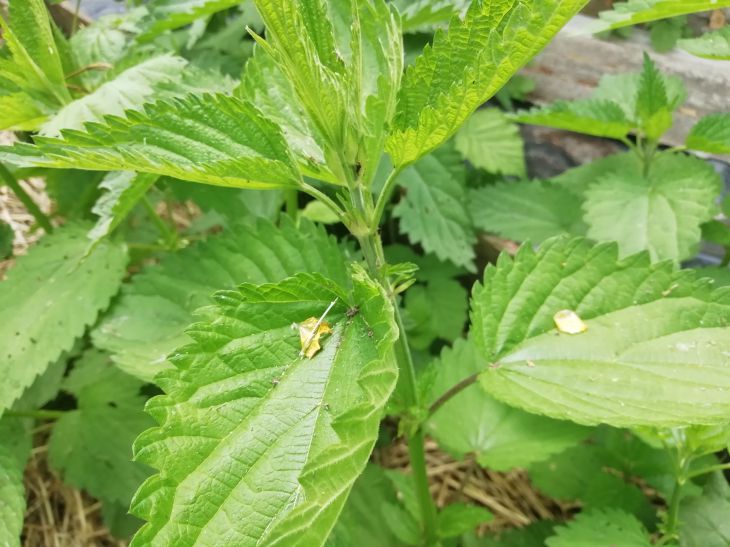You've been pulling out weeds for years, considering them enemies of the garden, but they could become your main allies.
It turns out that common couch grass, nettle and even goutweed are not garbage, but a free source of fertilizers that are more effective than store-bought preparations.
The secret lies in fermentation, which turns weeds into “green gold.”

The process begins with the correct collection of raw materials. Use only young weeds before flowering, as mature plants contain seeds that will germinate in the beds.
Avoid poisonous species such as hogweed or buttercup, as their toxins can kill beneficial microorganisms in the soil.
Chop up the collected plants with a shovel or pruning shears to speed up decomposition.
Fill a barrel or bucket with green mass two-thirds full, then add water. Add a handful of sugar or old jam - this will start the fermentation process, activating lactic acid bacteria.
Cover the container with a film with holes to release gases and leave in the shade for 10-14 days. The finished liquid will acquire a brown color and a specific smell, reminiscent of sauerkraut.
Dilute the resulting concentrate with water in a ratio of 1:10 and water the plants at the roots. This fertilizer contains nitrogen, potassium and phosphorus in an easily digestible form, as well as humic acids that improve the soil structure.
Don't throw away the remaining cake - spread it under bushes or trees as mulch. It will protect the roots from drying out and gradually release nutrients.
A mistake that turns fertilizer into poison is using metal containers. When in contact with iron, beneficial bacteria die and the solution oxidizes. Choose plastic or wooden containers.
Another danger is overexposure. If the liquid ferments for more than three weeks, pathogenic fungi develop in it. The finished infusion should foam, but not emit a putrid smell.
To enhance the effect, add wood ash to the barrel (1 glass per 10 l). The alkaline environment neutralizes the acidity of fermentation, and calcium and magnesium from the ash will increase the resistance of plants to diseases.
Pumpkins, cucumbers and squash respond especially well to this fertilizer - their fruits become larger and the fruiting period increases by 2-3 weeks.
